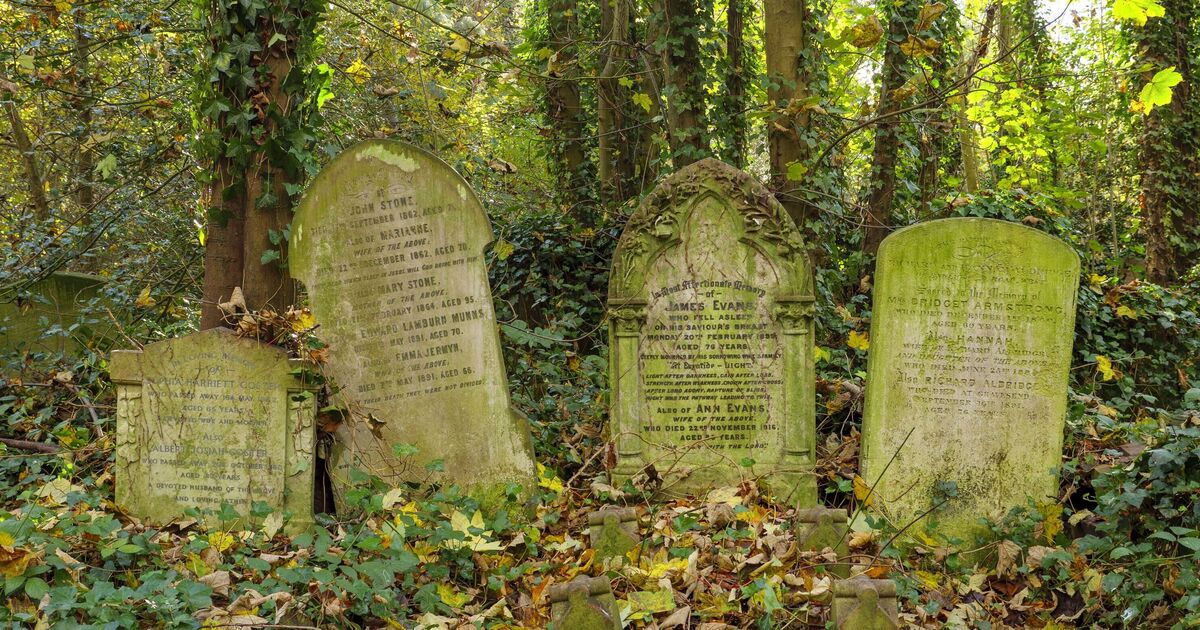

A music icon who wrote a song almost anybody will know the words to died penniless after subsisting on “free champagne” for years. George Leybourne was an icon of the music halls in the 19th century, most famous for his two songs Champagne Charlie and The Daring Young Man on the Flying Trapeze. The latter, written about flying trapeze circus performer Jules Léotard, is known for the lyrics “He’d fly through the air with the greatest of ease / that daring young man on the flying trapeze”.
George was born Joseph Saunders in 1842, and soon adapted a stage name to tour the music halls of the UK – premiering his track Champagne Charlie in 1866. He was eventually hired at the Canterbury Music Hall on a salary of £25 a week, and given a carriage of his own drawn by four white horses. Soon he was earning around £120 a week – the equivalent of £2,890 a week today.
In 2025, that would be an annual salary of £150,280 before tax. And that’s without the money he earned from his sponsorship from champagne company Moet and Chandon, who gave George a retainer and endless free champagne in return for advertising their product.
George was so famous he even had a film based on his life released in 1944 – aptly named Champagne Charlie.
But sadly, by the end of his life, his popularity had declined. He simply couldn’t adapt to the shifting entertainment world, and was left impoverished.
Former prime minister John Major, who penned a book about the history of music halls, also explored the story of Leybourne. He told John Fleming at his blog: “The great George Leybourne, the man who sang Champagne Charlie in the 1860s was earning £160 a week. What would that be worth today? You could buy a house then for £15.
“And not only was he paid £160 a week, but he was given free champagne all the time because he was advertising it, and he died penniless at 41 [sic - he died aged 42].
“He had lots of ‘friends’ and as the money began to disappear, the friends disappeared, and bitter and disillusioned, he died absolutely penniless. The money just ran through his hands. He would have made a very good Chancellor in a recent government.”